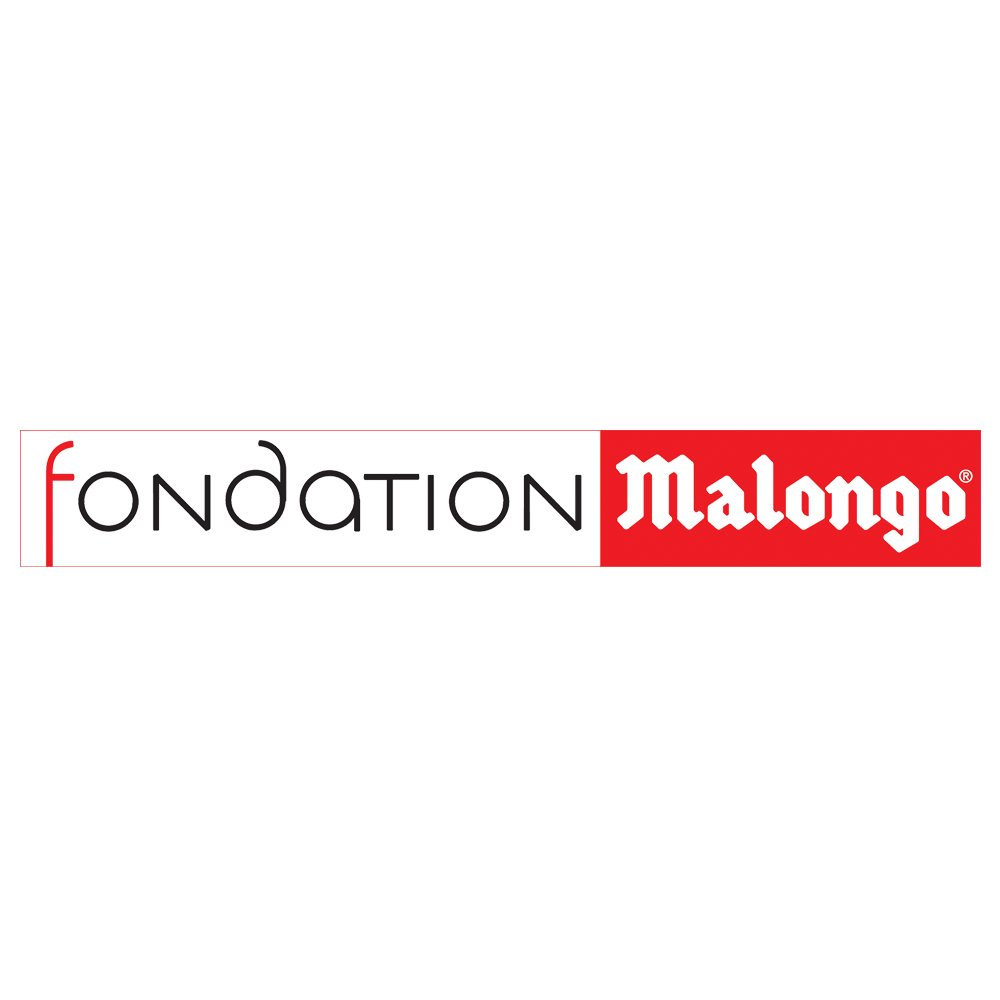Malongo Foundation
The Mucem and the Malongo Foundation have partnered to produce the exhibition Café In
25 October 2016–22 January 2017
Created in 2007, the Malongo Corporate Foundation is run by specialists in coffee and culture. It supervises actions carried out in the fields of education, solidarity and culture. Its actions are implemented both in France and abroad.
Culture and contemporary creative heritage
Nationally, the Malongo Foundation encourages the conservation and promotion of the material and virtual heritage of the world of coffee. In particular, it manages the Malongo Collection, for example by supporting restoration operations for fragile objects and preventive conservation actions.
Because of its affinity for art from coffee-growing countries, it chose to support the exhibition Haiti: A People of Painters and Sculptors at the Etonnants Voyageurs Festival in Saint-Malo in June 2010. This action, orientated toward the promotion of art inhabited by underground forces and a particularly rich and varied iconography, was the first to truly make a name for the Foundation with the general public. Before that, the Foundation had contributed to the exhibition Rosa Park’s Refusal by the Senegalese artist Ndary Lo who, through portraits, some of which painted in coffee, took a stance for racial equality.
The Foundation also seeks to showcase the creativity and innovation of young French designers and architects by coordinating the Malongo Design Contest. Launched in 2008, the contest has grown and become more competitive, presenting concepts in which design issues come together with solidarity-based thinking. As a result, the theme chosen for 2010 was “Plan a micro-utopia”, with a strong emphasis on concrete fulfilment: under the full control of the winner and the patronage of a member of Malongo’s personnel, the selected project will come to be in 2011.
Education and solidarity
In the field of education, the Malongo Foundation finances the Young Coffee Professional Contest, organized by Malongo’s Training Department in partnership with the French National Education system. The contest, which was initiated 16 years ago, is now a think tank for anything that might help to expand knowledge of coffee, amongst both professionals and consumers. But that desire for education would remain unsatisfied if it only covered France and its territories. And so, training programmes on coffee cultivation have been held for small-scale growers in Haiti, over several years.
Internationally, the Malongo Foundation initiates and leads programmes in countries that it knows well, like Mexico, and in which it has recently made inroads, like São Tomé and Príncipe. Those programmes can involve the creation of new Arabica plantations and/or the education of small-scale farmers, but always with the same objectives: to make them more autonomous and more aware of their rich culture and heritage, and to help them diversify their income sources in a globalized world. For example, a fair trade eco-tourism website in Mexico, managed directly by the members of the Uciri community, was designed and built with the Foundation’s assistance. That series of bungalows is a first example in this domain that could be expanded to other locations, each of them intrinsically linked to coffee production.
Today, the Malongo Foundation is engaged in a reflective process, launching vast programmes to revive the cultivation of coffee in regions of the world with unique historical, social and cultural features. To that end, it is involved in Cuba and São Tomé, where coffee-growing has collapsed although it was a flourishing industry in the 19th century, but also where slavery was only abolished belatedly. Launched in 2009, this vast revival programme envisages for example the creation, outfitting and training of 10 fair trade and organic certified cooperatives, as well as the restoration of a colonial home that could accommodate tourists, but also artists and writers in residence.
A reference for foundations
Lastly, the Malongo Corporate Foundation is a key partner of cultural, scientific and technological institutions that work on the dissemination of the material and virtual heritage of the world of coffee. Through it, Malongo is able to give them access to objects in its collection and to all of the company’s knowledge and resources relating to coffee.
